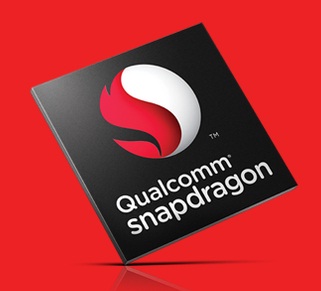Samsung Galaxy S6 specs: no Qualcomm Snapdragon 810 SoC because of two reasons?

Qualcomm confirmed that it lost a major deal from a large manufacturer as the latter declined to use the latest Snapdragon 810 SoC. The chipmaker stated in its Q1 2015 that the loss will have an impact to the company's earnings in the second quarter.
Most Android-based smartphones are powered by Qualcomm's 800 series processors and it is one of the most sought after brand of chipset in the market. However, one company chose to let go of the chipset.
"Expectations that our Snapdragon 810 processor will not be in the upcoming design cycle of a large customer's flagship device," Qualcomm said in its report.
Qualcomm did not name which company ditched the Snapdragon 810 processor, but reports claimed that Samsung is the large manufacturer that snubbed the chipset. The decision is due to two main factors.
First, Snapdragon 810 processor reportedly has overheating issues and has problems working with its graphics co-processor. Although Qualcomm said that it already resolved the issue, some reports insisted that the problem persisted. The overheating issue is a big deal for manufacturers wanting credibility for their devices.
Another probable reason is the rumor that Samsung is seeking independence from its partners. Samsung is reportedly prepping up the Galaxy S6 with Exynos chipset. Exynos processor has been used in some variants of Samsung devices.
Being its biggest client, Qualcomm allegedly thought of ways to keep Samsung under its wings. The chip maker gave a special treatment to Samsung designing a new processor specifically-designed for the upcoming Galaxy S6. According to statements and press releases from Qualcomm, the special version of the Snapdragon 810 processor will be completed in March. However, it seemed that Samsung declined this "special version" of the Snapdragon 810 processor.
Thus, consumers can expect a revamped Samsung Galaxy S6 heading on its way to the Mobile World Congress in March.











